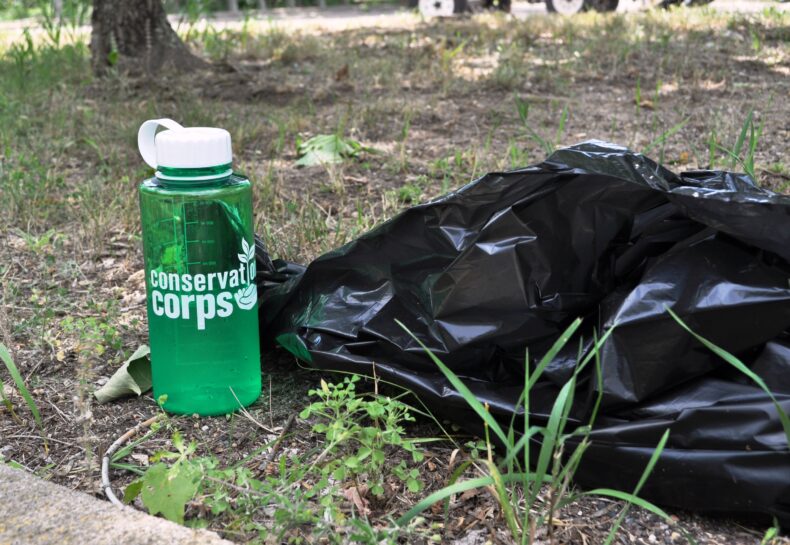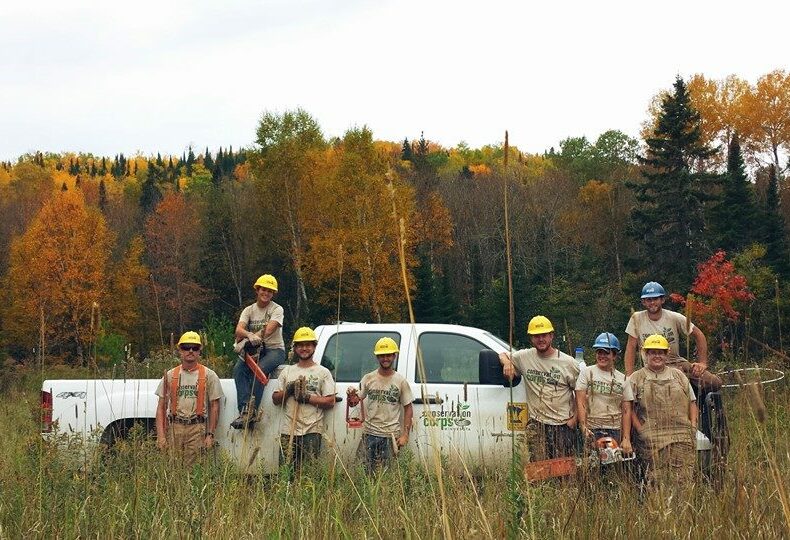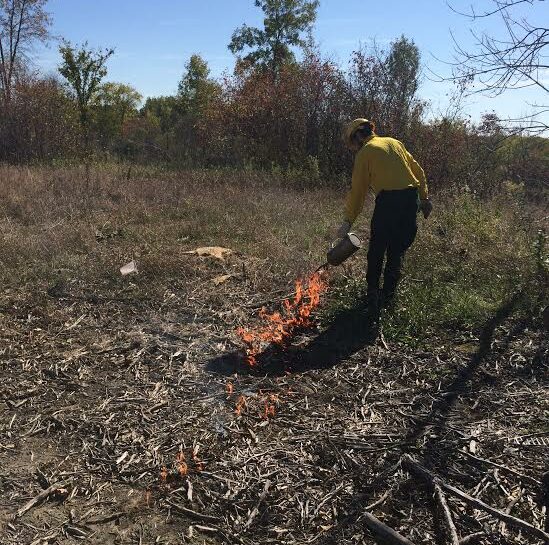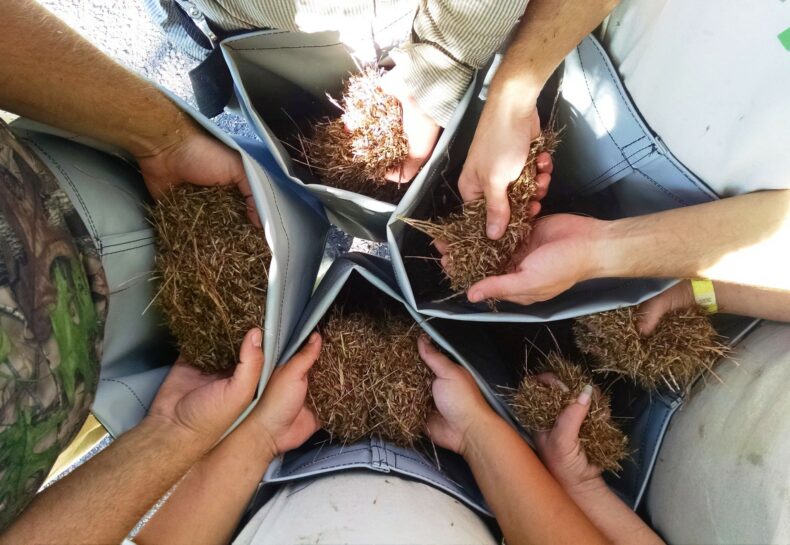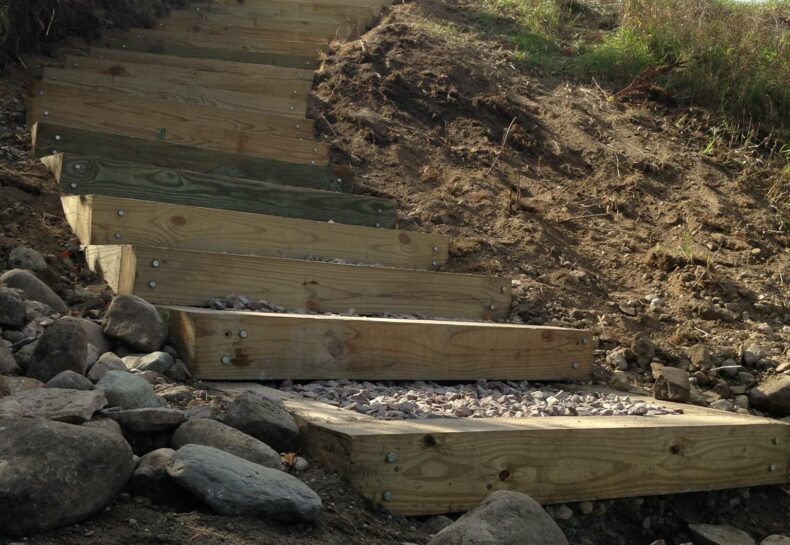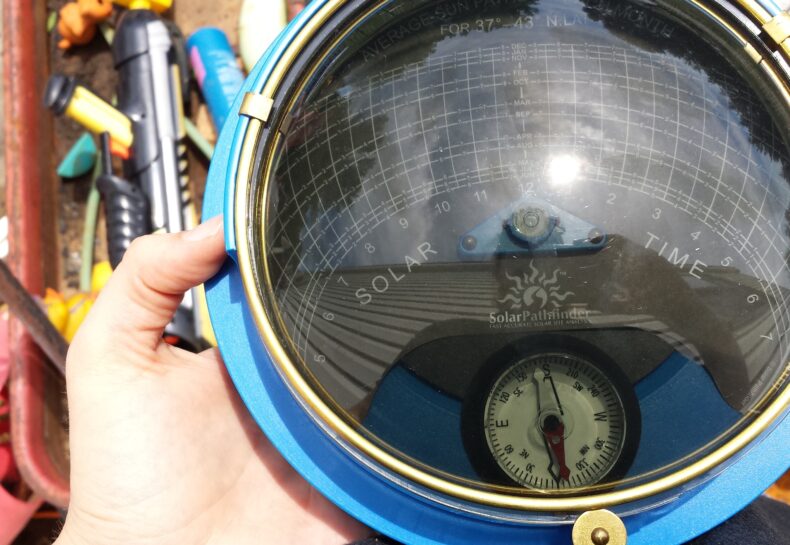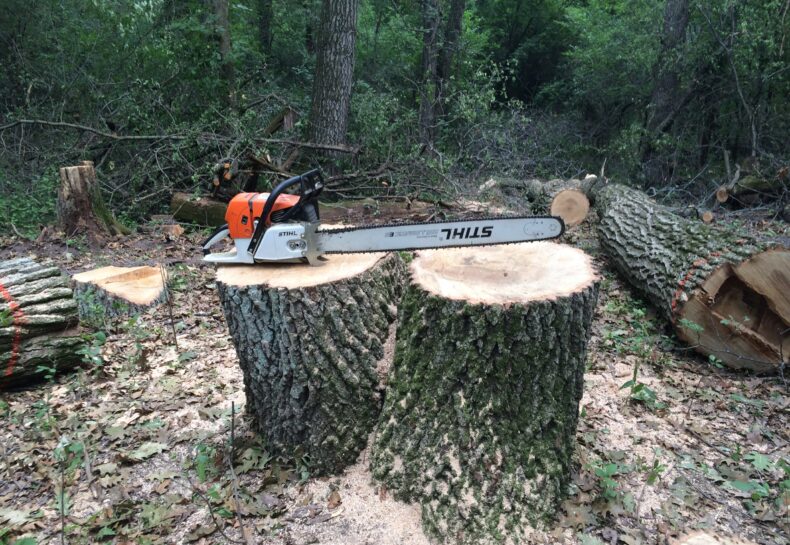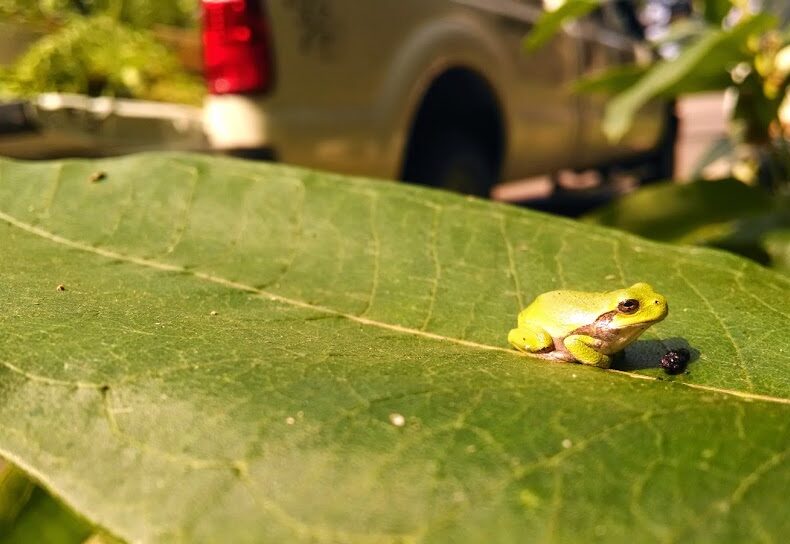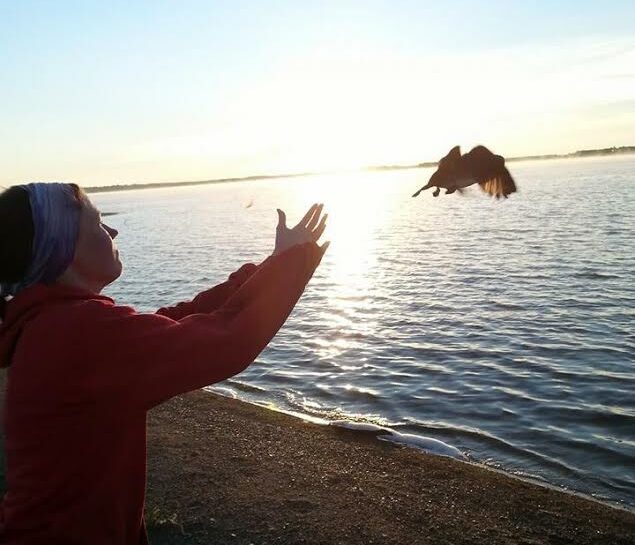Updates & Stories
Trash through the years
We worked for a week at a site in Baudette, Minn. on a household property whose owner in the 1960s dumped trash into their yard, which sloped gradually downward into a lake. Random objects buried in shards of broken glass and rusty scraps of tin told of its age: blue and green mason jars, soft plastic doll limbs, simple fishing reels, shattered bakelite kitchenware. Where the land curved down into the lake, the trash was more deeply layered. Each shovel full of broken glass and metal revealed another layer underneath. I joked with a co-worker about discovering a new kind of geological stratum. We found more recent trash scattered about the property as well: bits of foam board insulation, plastic wrapping, beer and pop cans. Read More
It’s the little things
It’s the little things that you remember about a job most clearly. I think years from now I might not remember what project I was working on or where, but I will remember the seemingly small, yet hilarious events that got me through the days. I’ll remember the savory bite from a freshly made hamburger followed by a slip and then a Dwyane Wade style slam dunk into the fire pit. I’ll remember a lottery bear tag accidentally expiring and the subsequent wrath of a Paul Bunyan mode crew leader when the realization set in that the bear rug would have to wait another year. You may find, that in your work, you won’t recall the rock you had to detach from the mantle of the Earth or the tree that got hung up so bad that it’s probably still out there... but instead the quirks of the people you interact with on a daily basis and the laughs you’ve had in between. Read More
Cleaning up the mess
While common and glossy buckthorn both are significant sources of our troubles in wooded areas, they are not the only players out there. Exotic honeysuckle species, Oriental bittersweet, autumn olive, and even some tree species are out there wreaking havoc on our wooded areas by out-competing native tree and shrub species. Years ago when experts realized what was happening and put a stop to transporting and selling buckthorn, for example, one of their first questions was probably “where do we begin?” The next question was probably “how?” Even though today’s eradication methods have come a long way from where they were, they’re still not perfect. At least we know what we can do, learn how we can improve, or just find out what doesn’t work. Read More
“What are you guys doing out here?”
I’ve fielded this question a time or two while out in the field. It typically comes from an innocently curious passerby, but occasionally it’ll show up decorated with less-than-appropriate verbiage. In either case, it’s certainly an inquiry within reason and I’ve become fond of the opportunities that follow. Read More
October reflections
October already! For the Ottertail crew, this means hot chocolate, long johns, and an end to the camping season. One thing I really enjoy about staying in cabins and roadside motels is the chance for after-work bonding with the two other women on my crew, Emily Stursma and Emily “Ninja” Braker. (That’s right, Ninja! I mean, we can’t have two Emilies on the crew.) If nights with the whole crew are all serious strategizing at Dungeons and Dragons and hitting the sack early in our separate tents, then nights with just us ladies are all giggling over the day’s foibles and staying up later than necessary noshing on popcorn and chocolate. Read More
Working with water trails
Earlier this year in mid-June, half of the North Woods crew—myself, Will, and Nate—helped the Water Trails crew for a week in clearing a portion of the Mississippi River near Bemidji of fallen trees. South of Lake Irving, a stretch of river about three miles long running through the woods was unnavigable.After unloading a jon boat from a trailer at an access point on the north side of Lake Irving, we packed in our gear: chainsaws, gasoline, bar and chain oil—a biodegradable type for use in water—hand saws, loppers, helmets, chaps, a saw box with tools for maintenance and repair, and our lunches. We followed the Water Trails crew across the lake into a marshy area where the river began. The forest around us soon became thick, and soon we spotted the first tree lying across the river. We agreed with the Water Trails crew to observe them working on a tree to learn, then we would go down the river and work ahead of them, after they would leap-frog ahead of us. Read More
Installation Time!
For the better part of my service term I worked on facilitating two solar furnace installations through my host organization, HACAP. I have sifted through their weatherization clients, completed outreach through energy conservation classes for those receiving energy assistance, and identified three homes for a system! With some luck, my team should be mounting solar panels on walls by early November. This is what I have been waiting for! Read More
So other oaks may live
Most people these days have heard of Dutch elm disease or of the emerald ash borer infecting and killing numerous elm and ash trees. These trees are not alone; oak trees have their own disease to which they are all susceptible simply called “oak wilt.” Oak wilt is a very aggressive fungal disease that can kill an oak within two or three months of infection. It can be spread by beetles that carry the fungus to the wounds of healthy trees or, most commonly, through root grafts. Read More
A 28,000 word essay, of sorts
If a picture is really worth a thousand words, then I hope you’re ready to read a novel. (Actually it would be a novella, a novel requires over 40,000 words). But don’t worry, after a couple more short sentences you won’t have to read another single word.I’ve always tried to make a point of stopping to smell the flowers, hear the sounds, and see the sights when in nature. I haven’t figured out how to share the sounds and scents yet, but have a gander at the things my eyes have gravitated towards over the course of the summer months of this Conservation Corps term. I like flowers. Read More
Duck banding at 6 a.m.
As a whole, the Ottertail crew is not a morning crew. Every morning, without fail, we eat granola and bagels, because nobody will ever wake up to make hot breakfast. “Mrrmph” and “aaahm” are typical morning greetings. You can imagine the crew’s reaction when I announced our project hosts’ plan for duck banding of meeting up at 6 a.m. the following morning, a full hour earlier than usual, and head for the hills. Read More
